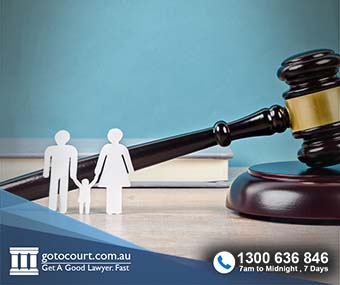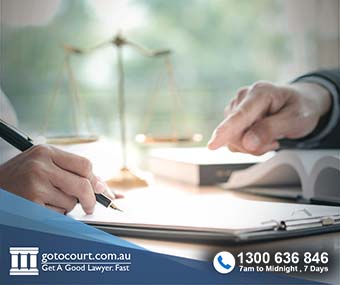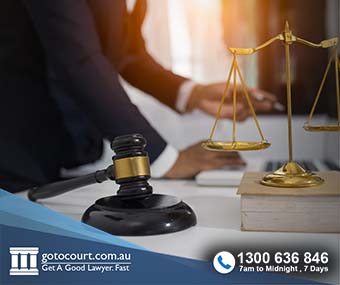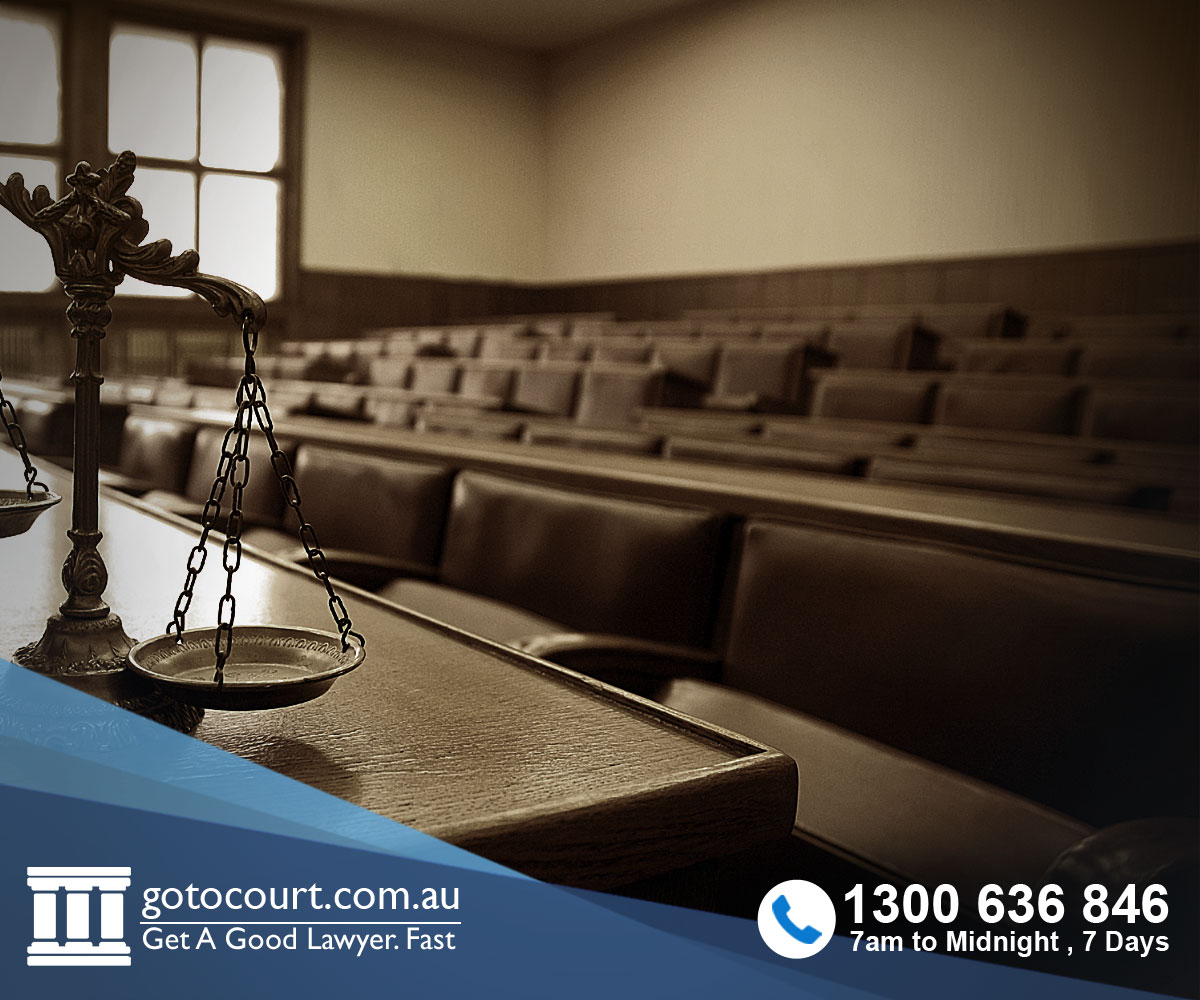Pleading Not Guilty in the Local Court (NSW)
When a person pleads not guilty to summary criminal offences in New South Wales, this occurs in the Local Court. A number of procedural steps must be undergone before a matter can be finalised when the accused is pleading not guilty. This article outlines the processes for pleading not guilty in the Local Court. Different processes apply to pleading not guilty to indictable matters, which are heard in the District Court and Supreme Court.
The first mention
The first court event that you attend in a criminal matter is called a mention. The purpose of the first mention is for the court to ascertain whether you are pleading guilty or pleading not guilty or whether you require an adjournment before indicating a plea.
If you are pleading guilty, you have the option to proceed to sentence on the day, so long as the Magistrate does not request a ‘Sentencing Assessment Report’ (formerly known as a Pre-Sentence Report) or any other reports in order to sentence you. Alternatively, you can enter a plea of guilty and adjourn your matter for sentence on another date.
If you are pleading not guilty, the court will order the police to serve a Brief of Evidence on you. Another court date (mention) will be set to give you and your lawyer time to read the Brief of Evidence and determine how many witnesses you wish to call on the day of the hearing and how long the hearing is likely to go for.
Obtaining a hearing date
The mention you attend after you have received the Brief of Evidence is known as the ‘first return date.’ On this day, the matter will be listed for a hearing. How far off the hearing date is will depend on how busy the court is as well as on the availability of the solicitors and witnesses involved.
If you are pleading not guilty in a matter involving domestic violence, the matter will be listed for hearing at the first available opportunity without the need for a first return date. The Police then have an obligation to serve a copy of the brief of evidence on you no less than 14 days before the hearing date.
The prosecution case
The Brief of Evidence should contain all the evidence about the alleged offence that the prosecution is seeking to rely on. It should contain everything the prosecutor intends to adduce in order to prove the commission of the offence.
The onus lies on the Prosecution to prove each element of each charge beyond a reasonable doubt. This is known as the burden of proof.
Late service of statements
Under the Criminal Procedure Act 1986, all prosecution evidence must be served on the defence no later than 14 days before the day of the defended hearing. The Prosecution may try to serve further statements on the Defence within 14 days of the hearing date. If this occurs, you have the right to object to these statements being led as evidence as evidence not served in accordance with the procedures contained in the legislation is inadmissible (Section 188, CPA).
However, Prosecution can make oral submissions to the court as to why the evidence should be admitted. The Magistrate holds the discretion to allow the evidence to be admitted as evidence or to grant an adjournment so that Prosecution can comply with their obligations as to proper service of the evidence.
What happens at the defended hearing?
The Prosecution is first to present its case. The police will call witnesses to give evidence, generally starting with the arresting officer, who will give an account of their involvement in the matter. This is called evidence-in-chief. Once this is complete, the Defence has the right to cross-examine the prosecution witnesses and try to expose weaknesses in their evidence. Once all the Prosecution witnesses have given evidence, the Prosecution will close its case.
Defence may then call witnesses to give evidence in chief. Prosecution then has the right to cross-examine each of the Defence witnesses to expose weaknesses in their evidence. Once all the Defence witnesses have given evidence, the Defence will close its case.
The Prosecution and Defence then make closing submissions. These are oral submissions telling the court why the Defendant should be found guilty or not guilty based on the evidence presented in the hearing. After hearing closing submissions, the Magistrate has the task of considering the evidence put before the court and deciding whether the prosecution has proven the accused guilty beyond a reasonable doubt.
If the accused is found guilty, the Magistrate will then determine the appropriate penalty. If the accused is found not guilty, the charge will be dismissed and the accused will be free to go.
Costs orders
At the conclusion of a defended hearing, it is common for the successful party to seek costs against the unsuccessful party. The court can order that the unsuccessful party must pay all or a portion of the successful party’s legal cost, depending on how the parties have conducted the matter.
If you intend on pleading not guilty it is always a good idea to seek legal advice at the earliest opportunity.
If you have been charged with a criminal offence and require legal advice or representation please contact Go To Court Lawyers.








